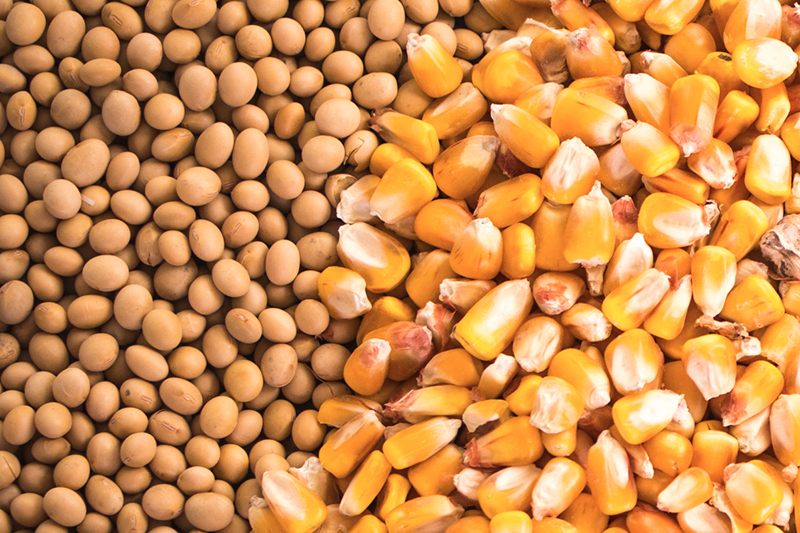Farmers in Argentina Hold Their Grain Due to Economic Turmoil

Farmers in Argentina have been slow sellers is their 2021/22 soybeans and corn due to economic turmoil in the country. Last Thursday, the Argentine president appointed his third economic minister in the past month. The new “super minister” will lead a new ministry that combines the current Economy, Productive Development, and Agriculture ministries as the country struggles with high inflation and a slumping currency.
One of the big reason farmers are slow sellers is the fact that the devaluation of the peso has not kept pace with inflation, which is running at over 60%. Farmers want to hold onto their grain because it is “money in the bank” while they wait for further devaluation of the currency.
The official exchange rate is about half the “unofficial rate” and there are rumors that the government may try to set a special exchange rate for agricultural products in an effort to persuade farmers to sell more of their grain. The feasibility of such a preferential exchange rate is uncertain.
Last week, the Central Bank of Argentina increased interest rates 8% to 60% marking the seventh increase this year. Analysts in Argentina feel inflation for 2022 could surpass 80%.
All this uncertainty comes as Argentina is trying to finalize a settlement with the IMF concerning its outstanding debts. The vice president Cristina Fernandez, who was the former president, has been highly critical of the agreement with the IMF concerning Argentina’s debts because she feels it includes too many concessions that would hamper Argentina’s economic growth. It was during her and her husband’s prior term as president that Argentina defaulted on their debts.
Argentina is the number exporter of soybean meal and a major exporter of corn and processors and exporters are worried about meeting their commitments if farmers continue to be stingy sellers of their grain. This economic turmoil may also make farmers less inclined to expand their 2022/23 crop acreage, especially given the increased cost of inputs. A devalued currency is good for exports, but it makes imports such as fertilizers and chemicals more expensive.
Read also
Wheat in Southern Brazil Impacted by Dry Weather and Frosts
Oilseed Industry. Leaders and Strategies in the Times of a Great Change
Black Sea & Danube Region: Oilseed and Vegoil Markets Within Ongoing Transfor...
Serbia. The drought will cause extremely high losses for farmers this year
2023/24 Safrinha Corn in Brazil 91% Harvested
Write to us
Our manager will contact you soon



